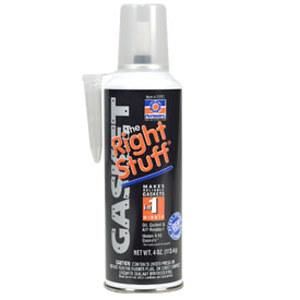Oryx, I'd love to have you explain to me why you think Land Rover suspension is better than the suspension in a Jeep or an 80-series, because it isn't. There's nothing special about radius arms.
My personal opinion of Land Rover has been soured by my dad's, which ate three of it's pistons with 130k km's on the odometer. And yes, it was a catastrophic failure with no warning given.
Your whole argument seems to be that Land Cruisers are more reliable in harsh environments than Land Rovers, but Land Rovers aren't as bad as people say they are...which somehow makes the Land Rover better. Seems strange, but these threads never really go anywhere and it's not like anyone's opinion will be swayed. Isn't it you who is always pointing out that Toyota people in the Land Rover forums must just be jealous?
No it's not. An fj80 scored 593 on the rti and a disco scored 588.
http://www.offroaders.com/info/tech-corner/rti.htm
Just because vehicles share radius arm design does not make them equal in performance. Length of arms, geometry, flexibility of the joints, front/rear suspension balance, etc. all come together.
Four Wheeler tested the vehicles with the sway bars connected. Without them, Land Rovers score in the 700's completely stock.
http://www.okoffroad.com/okrovers/events-rti-02.htm Icon tested an FJ80 on stock springs with the Icon piggyback shocks and it scored 691 with sway bars disconnected.
http://www.expeditionportal.com/for...iggy-Back-Prototype-Shocks-for-the-80-Series? So without the Icon shocks I would expect the completely stock FJ80 to score under 690 on RTI.
Comparing Jeeps, a stock JK scores about the same as a coiler Land Rover, around 730.
http://project-jk.com/jeep-jk-news/project-jk-off-road-evolution-jk-ramp-day-meet-n-greet-rti-scores However, going backward to the TJ, YJ, etc. it's all downhill. A stock TJ Rubicon is in the mid 500's and the YJ/CJ are of course worse still with the leaf springs. Personally, while the LC/Defender comparison is fair, the Jeep/Defender one is less so, just because the Defender, especially 110/130 is built a lot heavier to carry greater loads on a day to day purpose for commercial use. Just compare the chassis of a Jeep to that of a Land Rover to see the difference. Land Cruiser 60/70/80 etc. is built for heavy commercial use but stats show that the off road specs and performance of the Defender is better in stock form, when you look at things like approach, break over, departure, and even available payload, because the Cruiser is itself heavier which lessens the amount it can carry up to GVWR. I just think it is an interesting debate and I don't mean to step on anyone's toes personally. They are all great and well perform the tasks for which they are intended.
David
2012 Land Rover Defender 110 Hard Top 2.2L Turbo Diesel
Minimum Ground Clearance 9.8 inches
Approach Angle 49 degrees
Departure Angle 35 degrees
Ramp Break 150 degrees
Gross Vehicle Weight 7716 lbs. (3500 kg.)
Curb Weight 4435 lbs. (2013 kg.)
Payload 3278 lbs. (1487 kg.)
Average Fuel Consumption 22 mpg
Range 429 miles (690 km.)



